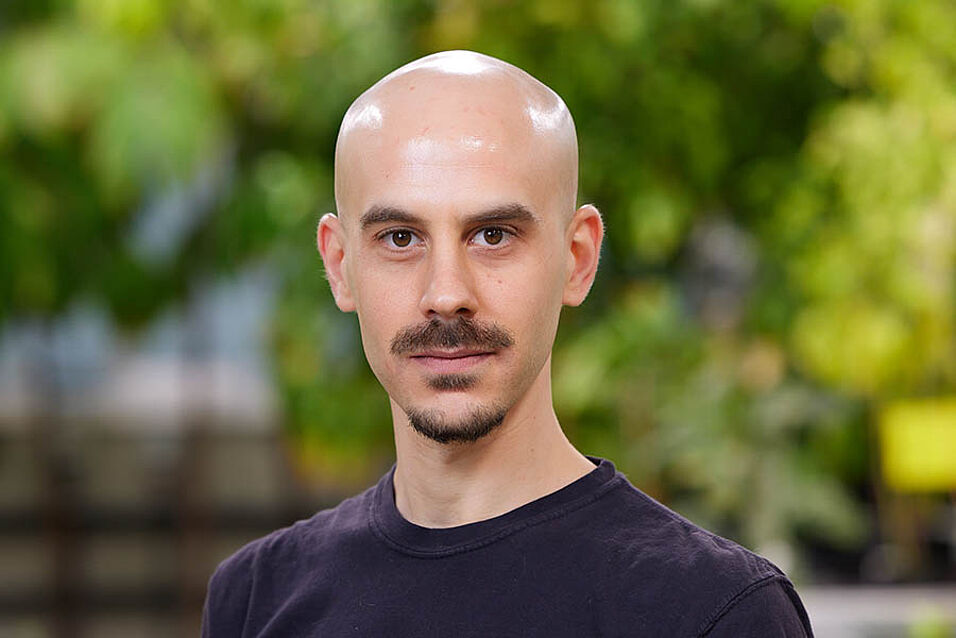Without microbes, our world would rapidly descend into lifelessness and desolation. They are the silent architects of our planet's ecosystems, driving essential processes from nutrient cycling to carbon sequestration. But despite their critical importance for our planet’s wellbeing, our understanding of how microbial communities function is still at its infancy.
Analysing environmental sequence data has transformed our understanding of life in the soil. This method provides a genomic snapshot of entire ‘societies’ of microbes, providing a detailed picture of microbial community composition. Despite the recent influx of environmental sequence data, we are still far from grasping the factors shaping community composition, and importantly, the functional significance of those communities. Pollak’s research, now backed by AVINA, aims to address two fundamental questions: how much can genomic data tell us about what microbes ‘do’ in their native habitats, and how do the activities of individual microbes collectively give rise to ecosystem functions?
Pollak zeroes in on bacterial decomposers of complex sugars – like cellulose and starch. “Microbes that decompose complex sugars are key players in virtually all ecosystems and regulate climate, human, and soil health” explains Pollak. “If we want to intervene in these processes effectively, we first need to understand the different ecological functions of the billions of microscopic creatures that together make a single microbial community.”
Leveraging high-throughput lab experiments, Pollak plans to use advanced machine learning approaches to connect specific genes within microbial communities to the specific ecological functions they perform. To understand the consequences of community composition, Pollak will build mathematical models that predict how diverse functions within a community converge to shape its overall role. These insights could set the stage for crafting probiotic communities in agriculture, optimizing composting, and forecasting climate change impacts on soil carbon reserves.

